BNP and Barclays misbehave
Regulators in America have levied heavy fines on the banks for breaching its rules.

Get the latest financial news, insights and expert analysis from our award-winning MoneyWeek team, to help you understand what really matters when it comes to your finances.
You are now subscribed
Your newsletter sign-up was successful
Want to add more newsletters?

Twice daily
MoneyWeek
Get the latest financial news, insights and expert analysis from our award-winning MoneyWeek team, to help you understand what really matters when it comes to your finances.

Four times a week
Look After My Bills
Sign up to our free money-saving newsletter, filled with the latest news and expert advice to help you find the best tips and deals for managing your bills. Start saving today!
Another week, another couple of banks in the spotlight for misbehaving. BNP Paribas will pay a fine of $8.9bn, a banking record, for concealing billions in transactions with Sudan, Iran and Cuba. Meanwhile, a US regulator has accused Barclays of "fraud and deceit".
The charges relate to one of the bank's private trading platforms, or dark pools'. These developed from the need to allow institutions to trade large blocks of shares without unsettling the market.
Barclays allegedly told clients that there were far fewer aggressive, high-frequency traders operating in this opaque market than there actually were. It also tended to route clients' trades to its own dark pool, despite a promise not to prioritise it, in order to make more money.
MoneyWeek
Subscribe to MoneyWeek today and get your first six magazine issues absolutely FREE

Sign up to Money Morning
Don't miss the latest investment and personal finances news, market analysis, plus money-saving tips with our free twice-daily newsletter
Don't miss the latest investment and personal finances news, market analysis, plus money-saving tips with our free twice-daily newsletter
What the commentators said
It's hardly surprising the message isn't getting through, said Alex Brummer in the Daily Mail. As continual scandals show, banks' "bonus-driven culture is so deeply ingrained that it is hard to eradicate. Easy profits outweigh moral responsibility."
But when it comes to punishing miscreants, according to Reynolds Holding on Breakingviews, Uncle Sam seems to be picking on the foreigners.
A recent study by the University of Virginia School of Law shows that between 2001 and 2010 US criminal fines were on average five times higher for European firms than for American ones.
Yet it's hard to feel sorry for BNP Paribas, said Nils Pratley in The Guardian. US investigators cite $30bn of illicit deals, a staggering number, far higher than in other cases.
"Paying a fine of 30 cents in the dollar for every dodgy transaction doesn't seem over the top." The US had also made it clear it would enforce financial sanctions. In any case, the fine is a tad less than last year's profits. BNP can afford it.
Get the latest financial news, insights and expert analysis from our award-winning MoneyWeek team, to help you understand what really matters when it comes to your finances.

-
 How a ‘great view’ from your home can boost its value by 35%
How a ‘great view’ from your home can boost its value by 35%A house that comes with a picturesque backdrop could add tens of thousands of pounds to its asking price – but how does each region compare?
-
 What is a care fees annuity and how much does it cost?
What is a care fees annuity and how much does it cost?How we will be cared for in our later years – and how much we are willing to pay for it – are conversations best had as early as possible. One option to cover the cost is a care fees annuity. We look at the pros and cons.
-
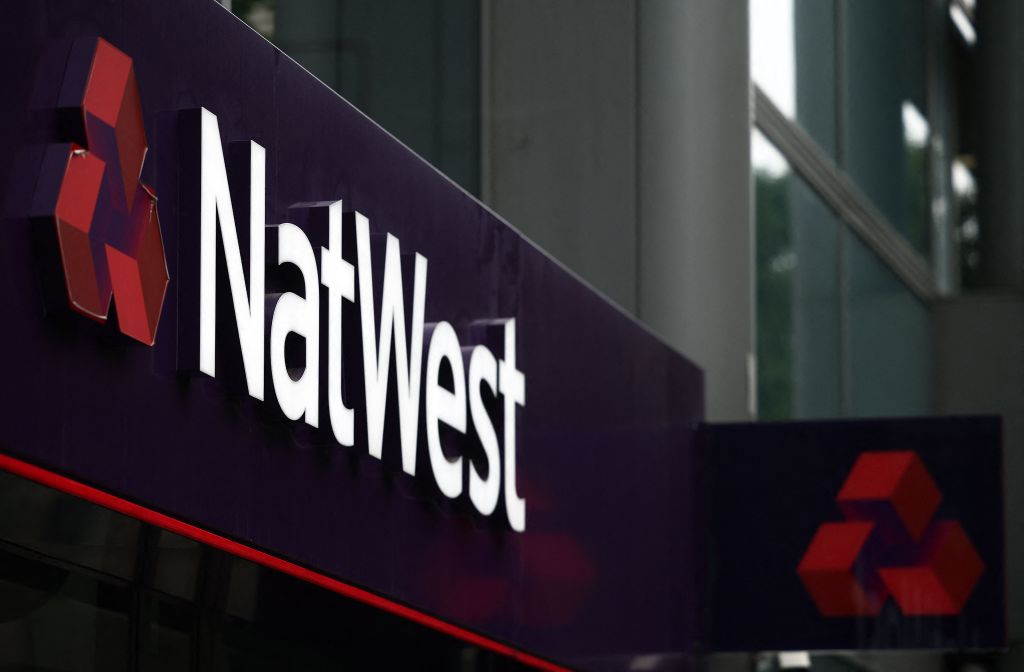 UK banking stocks: what’s the latest this results season, and are they worth a look?
UK banking stocks: what’s the latest this results season, and are they worth a look?All five major UK banks released their annual results in February, reporting profit increases. But the sector has long been unloved by investors. Are UK banking stocks hidden gems, or better avoided?
-
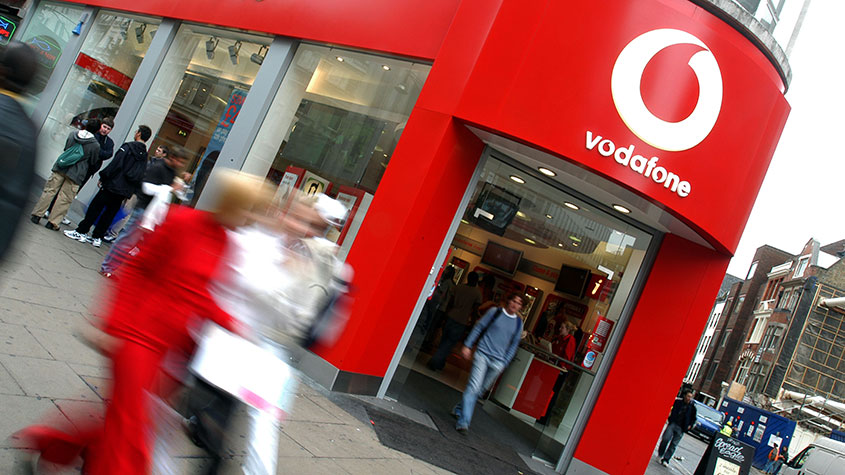 Britain’s most-bought shares w/e 12 August
Britain’s most-bought shares w/e 12 AugustNews A look at Britain’s most-bought shares as of 12 August, providing an insight into how investors are thinking and where opportunities may lie.
-
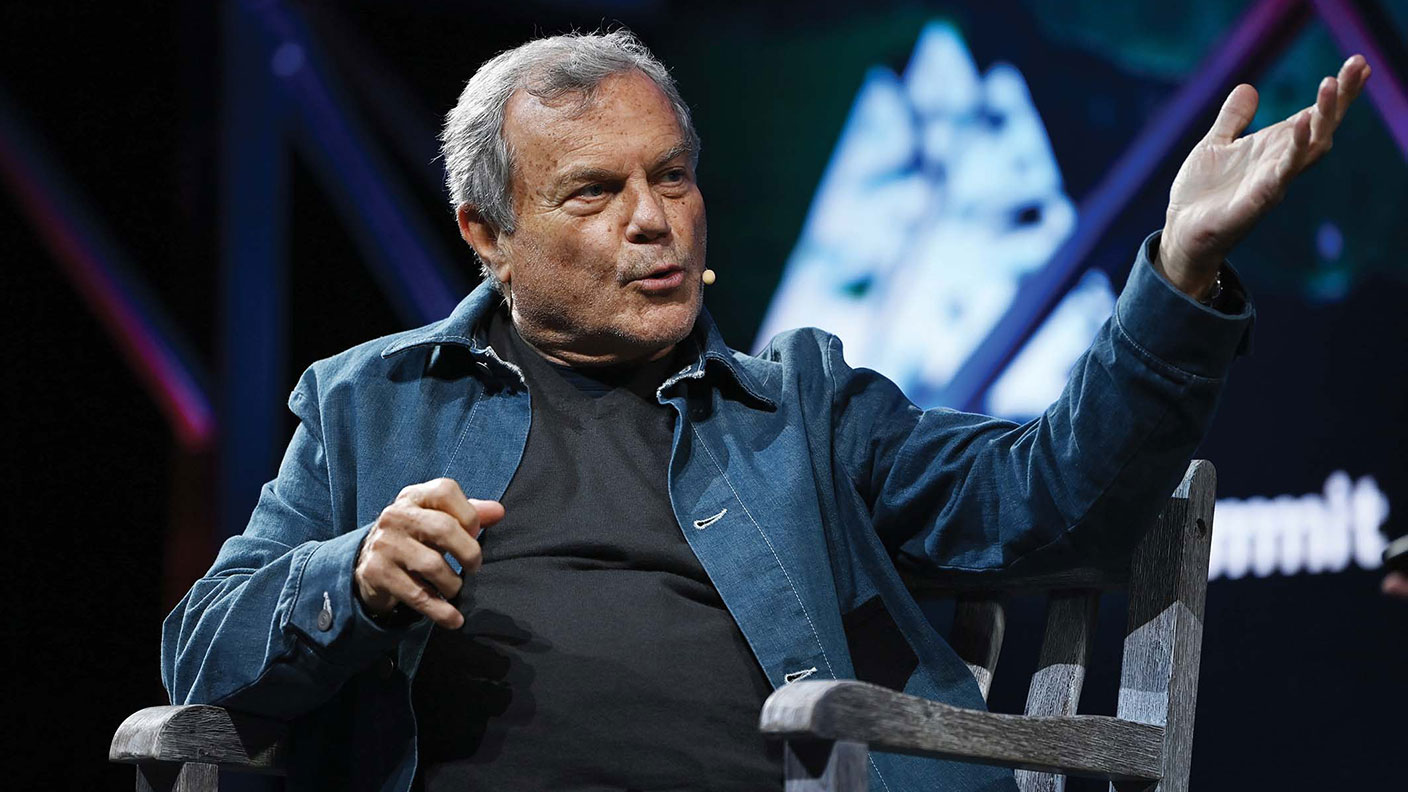 S4 Capital – a company that still has much to prove
S4 Capital – a company that still has much to proveTips Audit delays set shares tumbling at advertising agency S4 Capital. It needs to show it can turn growth into profits, says Bruce Packard.
-
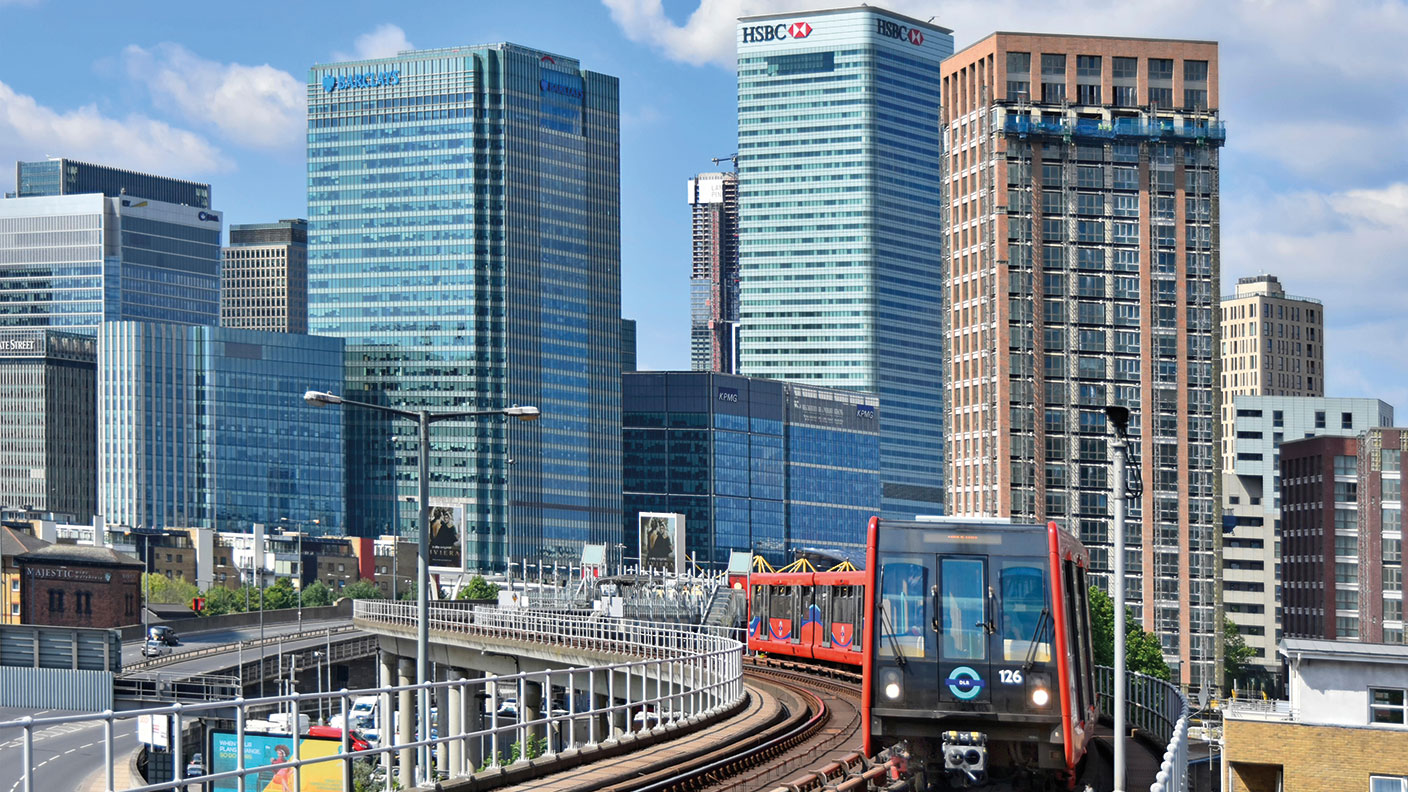 When to buy shares in NatWest, Britain's worst bank
When to buy shares in NatWest, Britain's worst bankTips Rising interest rates should lift profits for the banking sector if inflation doesn’t get out of control, says Bruce Packard.
-
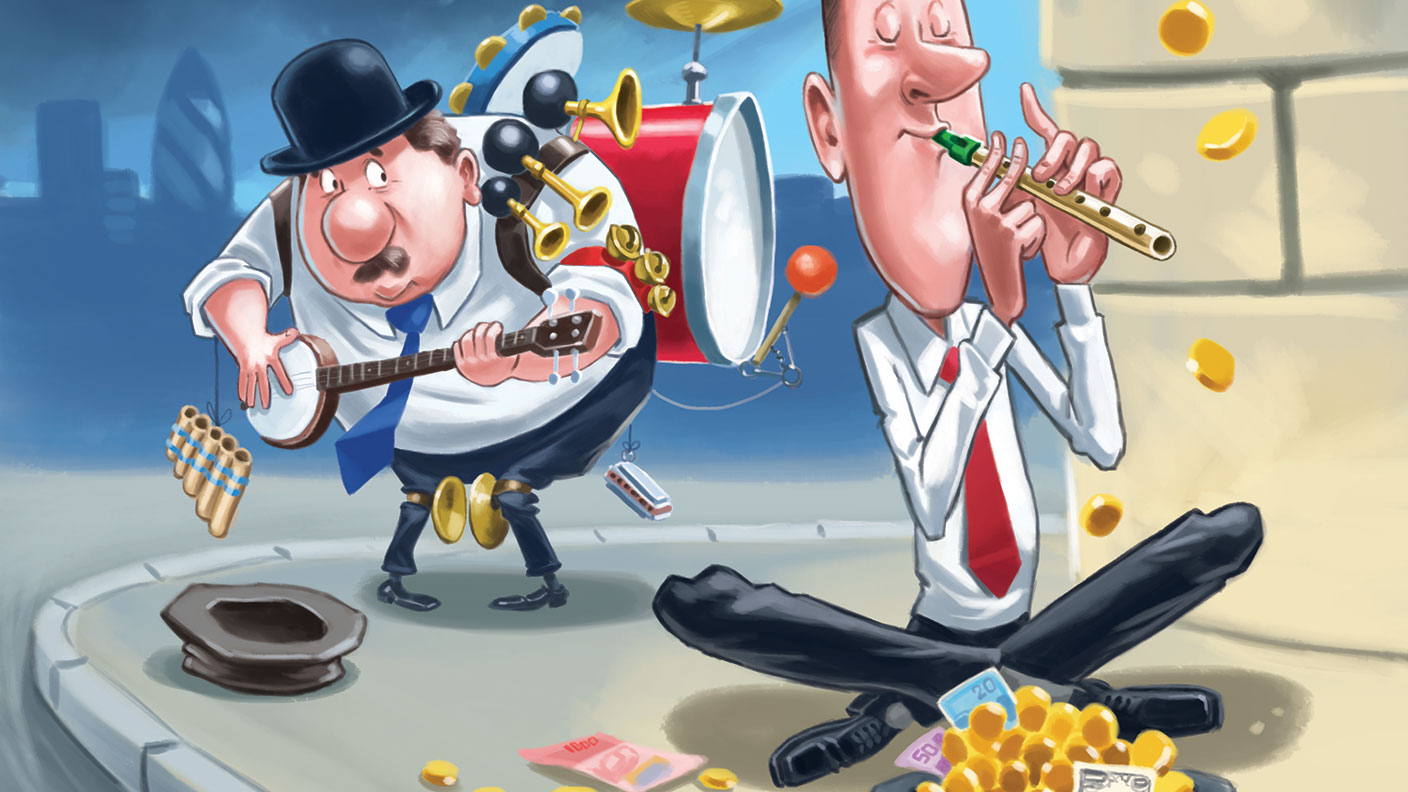 How UK banks went from Big Bang to universal failure
How UK banks went from Big Bang to universal failureCover Story The 1986 deregulation shook up the banks, but the all-in-one model that it created is bad for customers and investors. Specialists do a better job – as the real fintech winners are showing, says Bruce Packard
-
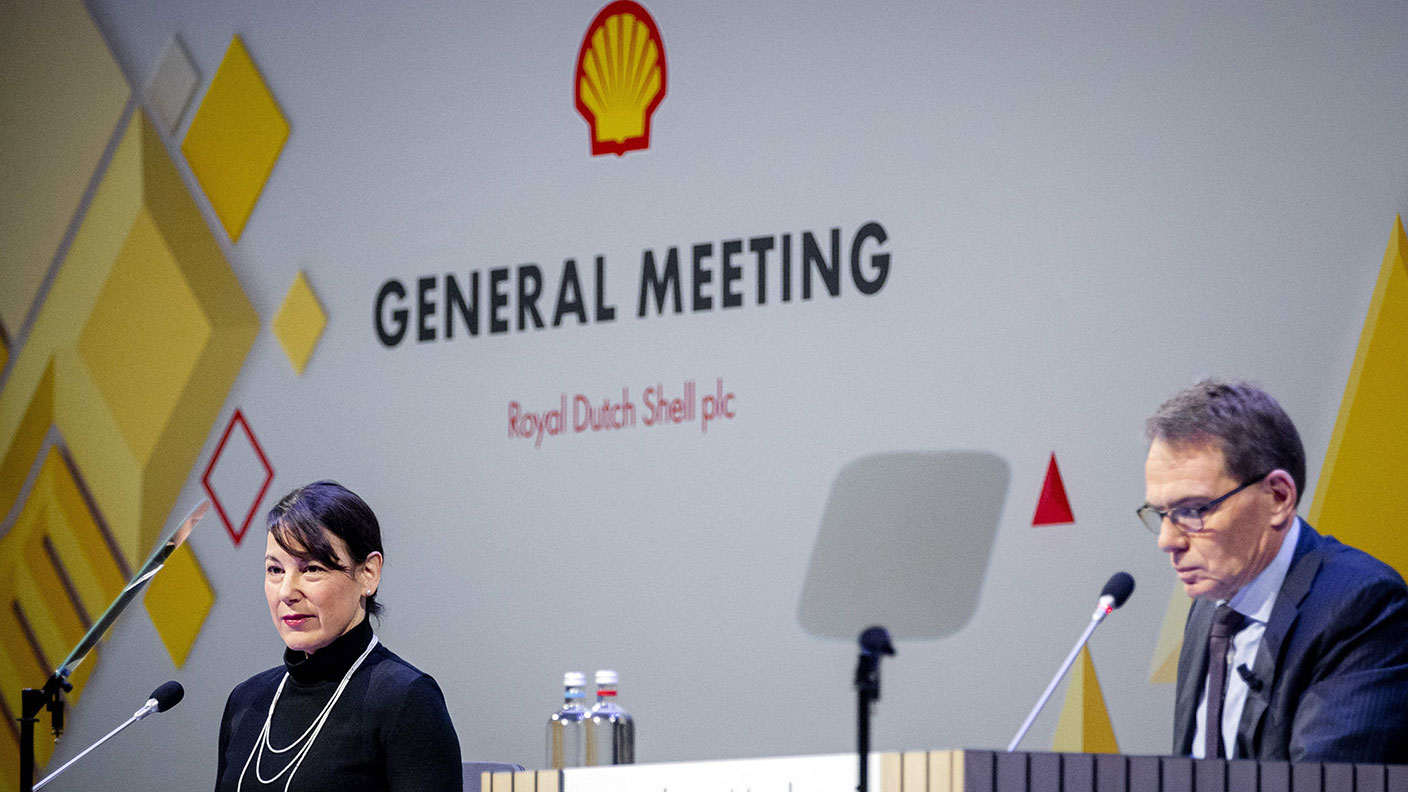 Activist investing: forget hedge funds, leave it to private investors
Activist investing: forget hedge funds, leave it to private investorsOpinion Demands from “activist investor” hedge funds are every bit as short-termist as the management teams they are trying to shake up, says Matthew Lynn. Private investors will take a long view.
-
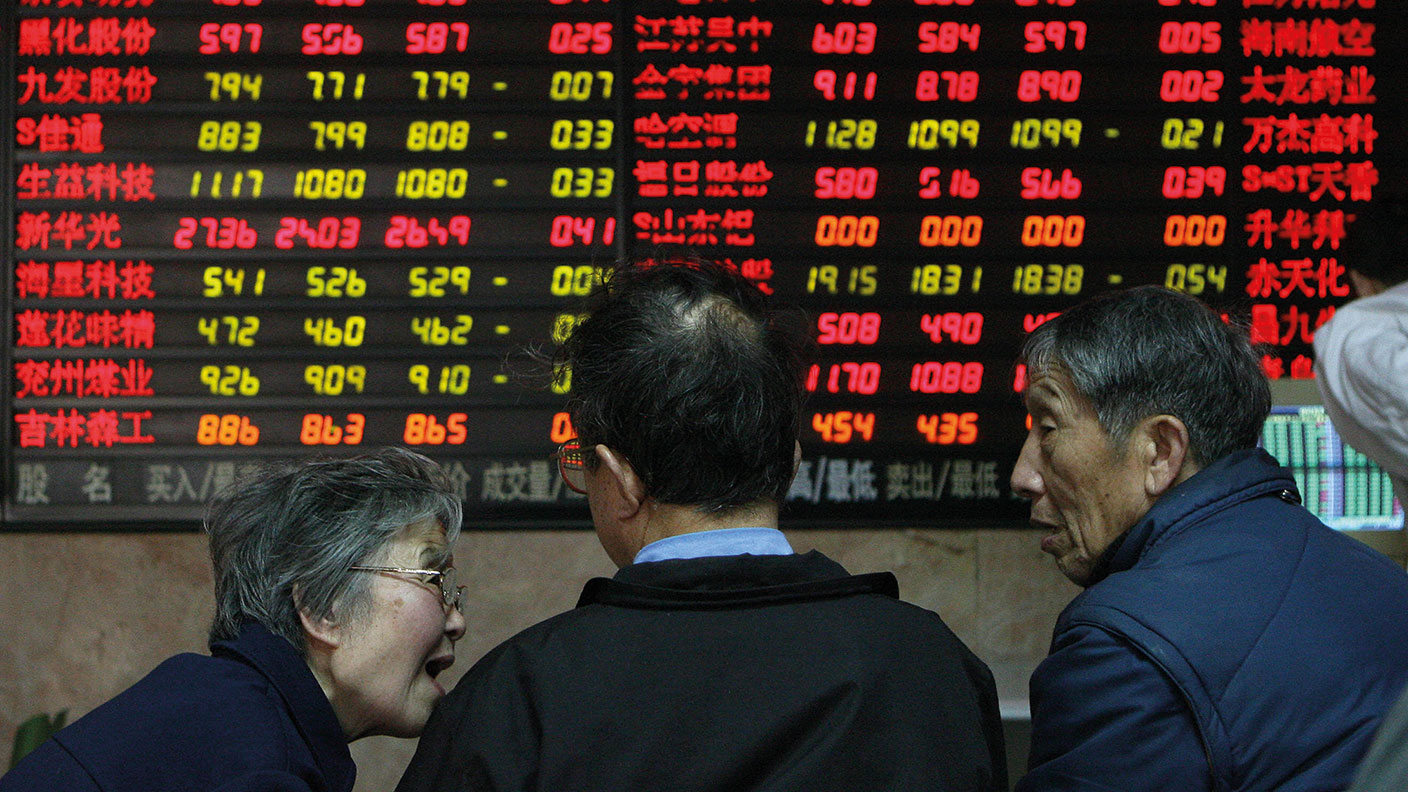 Evergrande: Chinese property giant spooks global markets
Evergrande: Chinese property giant spooks global marketsNews Global markets fell this week as investors worried about the fate of Evergrande, China’s most indebted property developer, which is teetering on the brink of default.
-
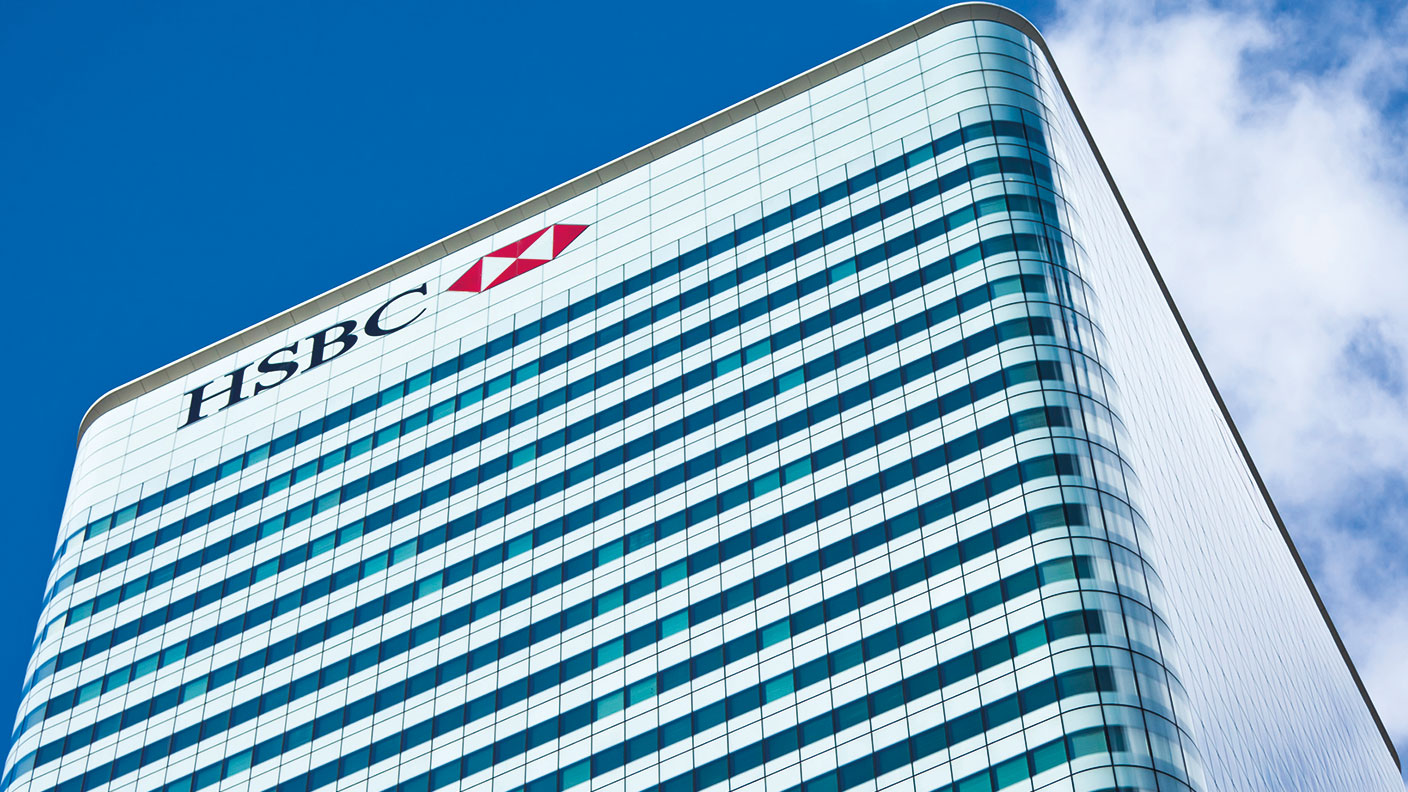 HSBC’s profits surge – but will the share price?
HSBC’s profits surge – but will the share price?News Pre-tax profits at banking giant HSBC rose from $1.1bn last year to $5.1bn in 2021, but the share price remains depressed.